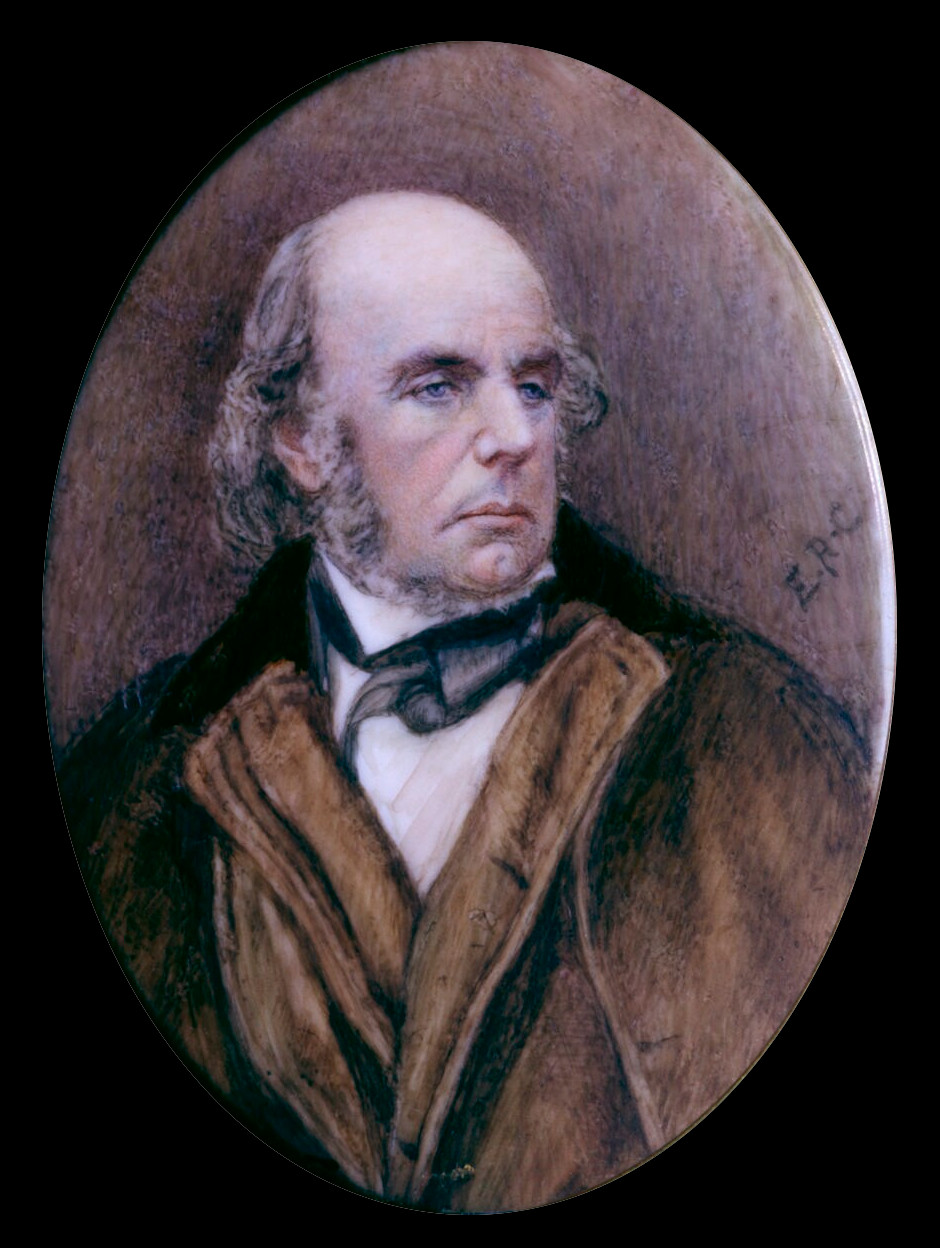Here with a Loaf of Bread beneath the Bough,
A Flask of Wine, a Book of Verse — and Thou
Beside me singing in the Wilderness —
And Wilderness is Paradise enow.
FitzGerald's first edition (1859).
The Rubaiyat of Omar Khayyam
Edward Fitzgerald: Frases en inglés
Letter to William Makepeace Thackeray (1831); quoted in The Life of Edward FitzGerald, Translator of the Rubáiyát of Omar Khayyán (1947) by Alfred McKinley Terhune, p. 57.
Contexto: Having seen how many follow and have followed false religions, and having our reason utterly against many of the principal points of the Bible, we require the most perfect evidence of facts, before we can believe. If you can prove to me that one miracle took place, I will believe that he is a just God who damned us all because a woman ate an apple; and you can't expect greater complaisance than that to be sure.
Letter to Edward Byles Cowell, quoted in The Life of Edward FitzGerald, Translator of the Rubáiyát of Omar Khayyán (1947) by Alfred McKinley Terhune, p. 146.
Contexto: Science unrolls a greater epic than the Iliad. The present day teems with new discoveries in Fact, which are greater, as regards the soul and prospect of men, than all the disquisitions and quiddities of the Schoolmen. A few fossil bones in clay and limestone have opened a greater vista back into time than the Indian imagination ventured upon for its Gods: and every day turns up something new. This vision of Time must not only wither the poet's hope of immortality, it is in itself more wonderful than all the conceptions of Dante and Milton.
Chronomoros. In Letters and Literary Remains of Edward FitzGerald (1889), pg. 461.
Chronomoros. In Letters and Literary Remains of Edward FitzGerald (1889), pg. 461.
“Leave well — even 'pretty well' — alone: that is what I learn as I get old.”
As quoted in Fitzgerald to His Friends: Selected Letters of Edward FitzGerald (1979) edited by Alethea Hayter, p. 178.
“I am all for the short and merry life.”
FitzGerald's epitaph, originally a statement in a letter to Frederick Tennyson (31 December 1850); Letters of Edward FitzGerald (1894), p. 261.
“Science unrolls a greater epic than the Iliad.”
The present day teems with new discoveries in Fact, which are greater, as regards the soul and prospect of men, than all the disquisitions and quiddities of the Schoolmen. A few fossil bones in clay and limestone have opened a greater vista back into time than the Indian imagination ventured upon for its Gods: and every day turns up something new. This vision of Time must not only wither the poet's hope of immortality, it is in itself more wonderful than all the conceptions of Dante and Milton.
Letter to Edward Byles Cowell, quoted in The Life of Edward FitzGerald, Translator of the Rubáiyát of Omar Khayyán (1947) by Alfred McKinley Terhune, p. 146.
